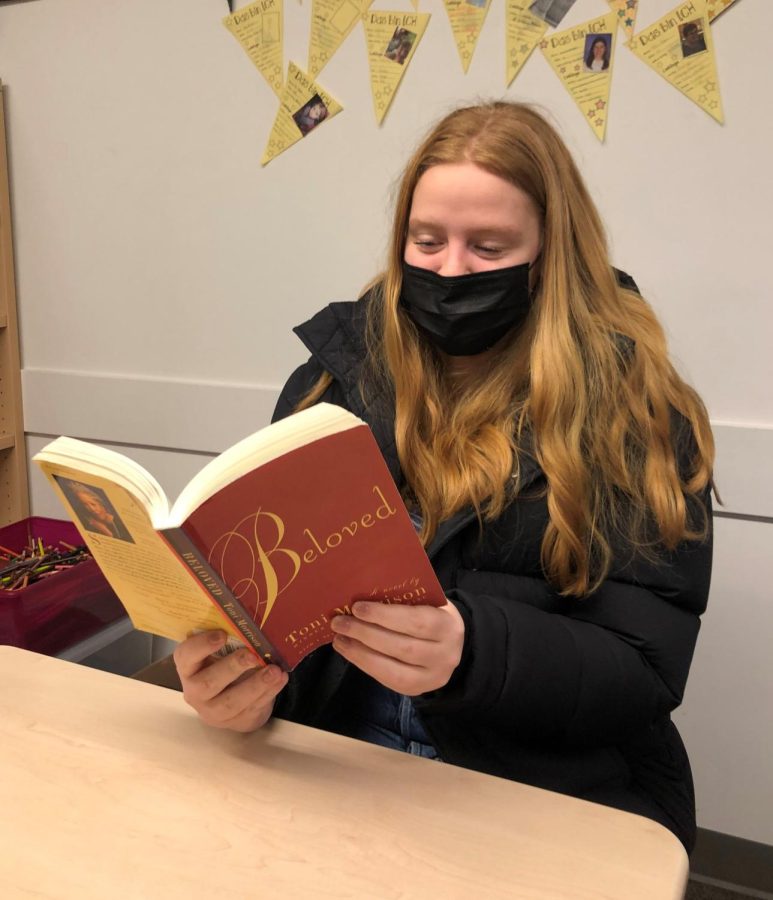Banning Beloved
January 12, 2022
Juniors at Seattle Prep are knee-deep in Toni Morrison’s 1987 novel, “Beloved”, a book which tells the story of a formerly enslaved family in the south following the Civil War that finds itself bedeviled by a spirit named Beloved. This novel has been the topic of recent national debates concerning censorship and the appropriateness of the novel in schools.
In a 2021 gubernatorial campaign ad for Virginia Republican, Glenn Youngkin, a woman talks about how her son had to read “Beloved” in high school, was shocked by its explicitness, and had night terrors after reading it. Youngkin, who was elected to be the next governor of Virginia, wants to ban “Beloved” in schools all around the state. This attempted ban is in response to former Democratic governor, Terry McAuliffe, who vetoed a bill that would have required schools to inform parents when books with explicit content were assigned.
This is only the most recent instance of controversy surrounding “Beloved”. The novel has been the subject of many controversial discussions attempting to remove it from English curriculums around America due to its graphic scenes of trauma and violence as well as its outdated and racy language. For years, it has been on the American Library Association’s list of Top 10 Most Challenged books. The American Library Association and their Banned and Challenged Books program are advocates of the freedom to read and against efforts to censor pieces of literature, with their theme of “Books Unite Us. Censorship Divides Us.”
Morrison wrote, about the banning of books such as her own and Mark Twain’s “Huckleberry Finn”, that such efforts are the “purist and yet elementary kind of censorship designed to appease adults rather than educate children.”
Prep English Department Chair and junior Collegio teacher, Jill Vincenzo, remarked that, “Trying to censor challenging content doesn’t allow the opportunity for learning and growth.” Much like how, in the book, storytelling is represented as an important way to heal from a tragic past, Vincenzo noted its relevance now by saying that, “Avoiding stories because they make us uncomfortable promotes ignorance.”
Vincenzo believes that keeping “Beloved” as a part of high school English curriculums is important because not only does it help students better understand the horrors of slavery, “But it also tells the story of extraordinary resilience and humanity and love in the face of oppression. The characters in “Beloved” are complex and deeply human. Their stories humanize our history in a way that facts and statistics simply cannot.”
She also noted how it is important to the art of writing and the English language, as Morrison’s, “Lyrical prose helps students appreciate writing as an art form. Analyzing her craft helps students become better writers.”
Vincenzo recognizes that “Beloved” is a challenging text for students, both intellectually and emotionally. Despite this, she believes it to be an appropriate book for high school students because, “Students benefit from learning about the historical time period in which the novel is set.” It allows Collegio teachers to teach students how to handle racial slurs and outdated language, and a classroom environment allows students to share the experience of learning about slavery and the history of the United States through a much deeper, more impactful experience.



